
U.S. failed to predict North Korea rocket launch
It's unclear whether North Korea deliberately hid its launch plans, or whether U.S. intel simply missed the clues
Watch CBS News

David Martin has been CBS News' national security correspondent, covering the Pentagon and the State Department, since 1993. In that capacity, he has reported virtually every major defense, intelligence and international affairs story for the "CBS Evening News," as well as for other broadcasts, including "60 Minutes" and "48 Hours." He also contributed to "60 Minutes Wednesday."
During the invasion of Afghanistan and the war in Iraq, Martin's in-depth knowledge of how the State Department, intelligence community and military operate, both on the battlefield and in Washington positioned him as the "big picture" reporter for CBS News. Utilizing his own sources and reports from CBS News correspondents in the region and around the world, as well as in Washington, he explained and assessed the military's strategies and operations for viewers.
Martin broke several significant stories before and during the Iraq war. He was the first to report on the opening night of the war, that the U.S. was launching a strike on a palace bunker in southern Baghdad in an attempt to take out Saddam Hussein. Martin also broke the story of the military's "shock and awe" strategy for its initial strike on Baghdad. During a trip to Iraq in May 2003, he was the first journalist to visit and report on Dora Farms, where Saddam was said by the CIA to have been hiding on the opening night of the war.
Martin has received several Emmys, most recently in 2012 for his story "Starting Over." He has also received two Alfred I. duPont-Columbia University Awards (2002 and 2004) for his body of work, most of which has appeared on the "CBS Evening News" and "60 Minutes Wednesday."
Regarding the first Alfred I. DuPont-Columbia University Award, the award committee said that his "consistently excellent reporting on the beat of national security hit its peak this year....break[ing] news on a wide range of defense and security stories with details that only experience and doggedness can ferret out. This is exemplary reporting that repeatedly breaks through the barriers of official statements."
In awarding the second DuPont, the committee said, "David Martin's reports on the Pentagon, the military build-up to the Iraq war and on the war itself demonstrate his exceptional grasp of national security issues. Teamed with his long-time producer, Mary Walsh, Martin consistently breaks new information with clear reporting on the Pentagon's goals. He exemplifies the role of a journalist: to measure what we are being told against what we find out."
Martin also received the 2004 Joan S. Barone Award for excellence in Washington-based national affairs and public policy reporting awarded by the Washington Radio & Television Correspondents' Association.
He joined CBS News as its Pentagon correspondent in 1983. Martin's duties later expanded to include the State Department and intelligence beats.
Before that, he covered defense and intelligence matters for Newsweek magazine from its Washington bureau (1977-83). Martin was a reporter with the Associated Press in Washington (1973-77), covering the FBI and CIA. He also was a member of the AP special assignment team (1977).
Martin began his journalism career as a researcher for CBS News in New York in 1969. He then became a news writer with the AP broadcast wire (1971-72) and a fellow at the Washington Journalism Center (1973).
Martin is the author of two books, "Wilderness of Mirrors" (Harper & Row, 1980), an account of the secret wars between the CIA and KGB, and "Best Laid Plans: The Inside Story of America's War Against Terrorism" (Harper & Row, 1988).
He was born July 28, 1943, in Washington, D.C. He graduated from Yale University in 1965 with a bachelor's degree in English. During the Vietnam War, Martin served as an officer aboard a U.S. Navy destroyer.
Martin and his wife, Dr. Elinor Martin, live in Chevy Chase, Maryland. They have four children.

It's unclear whether North Korea deliberately hid its launch plans, or whether U.S. intel simply missed the clues
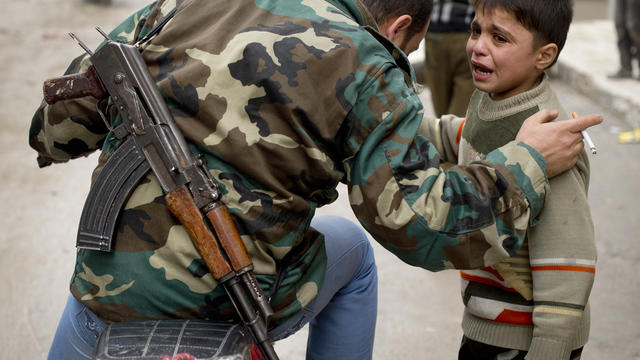
With chemical weapons and veterans of al Qaeda in Iraq inside Syria, Assad's demise to create countless problems for the West
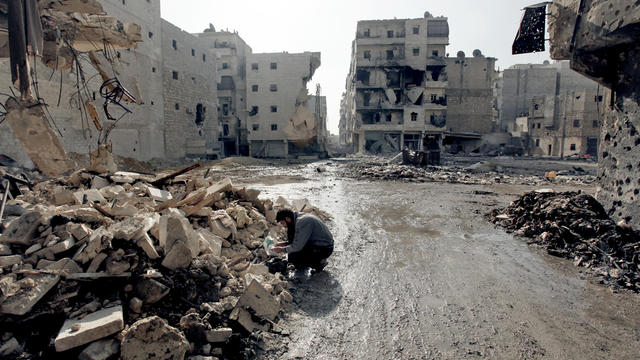
Growing circumstantial evidence the Assad regime is preparing chemical weapons for use could draw the U.S. into the fight
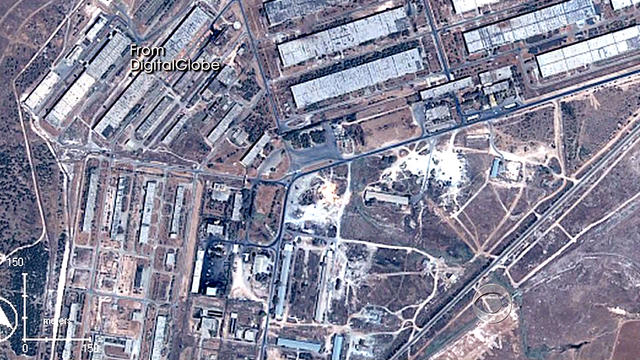
Possibility of chemical warfare would drag U.S. into Syrian conflict; "There will be consequences," warns Obama
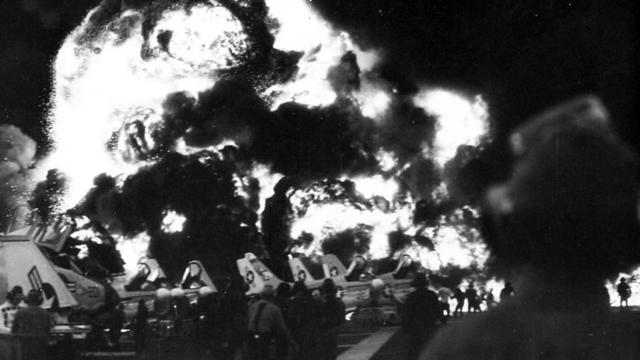
Sailors battled to save ship after explosions and fire in 1969
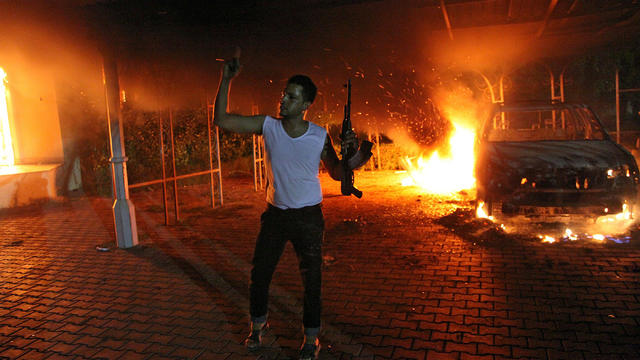
Security camera footage viewed by U.S. lawmakers shows assault was not well planned

Michael Morell, a career analyst, has been tapped as CIA interim chief to fill in for the suddenly retired David Petraeus

After making a name for himself in West Point, Afghanistan and beyond, David Petraeus leaves amid scandal
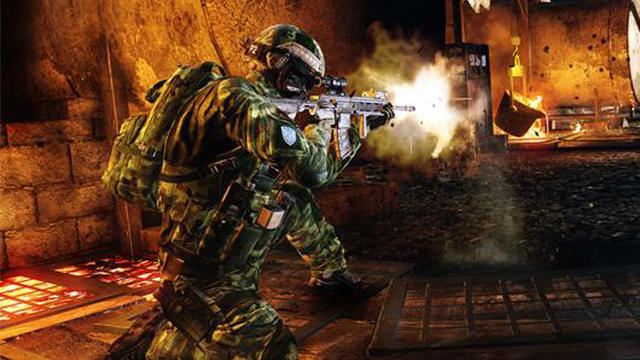
At least one member of bin Laden raid team among group of SEALs in trouble for revealing secrets to "Medal of Honor" video game makers
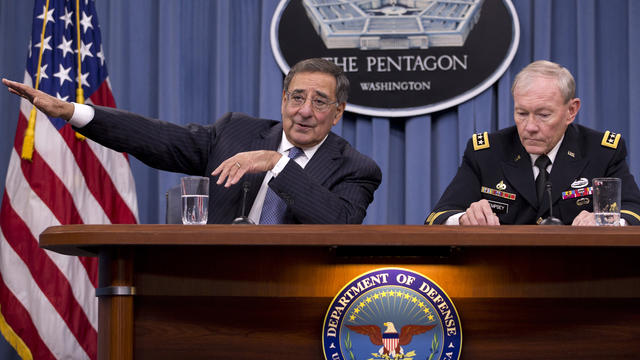
Defense Secretary and Joint Chiefs chairman defend not sending commandos after the attack on the U.S. Consulate in Libya
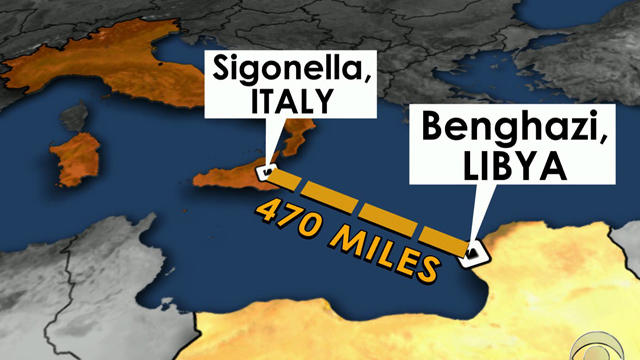
Military team flew to Italy for possible aid to U.S. Consulate in Libya, but did not arrive until attack was over; Confusion about raid made mission impractical
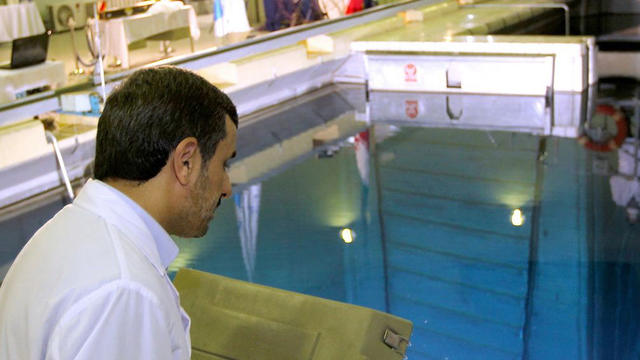
The most important question for the next president is over the "red line" for military action on Iran
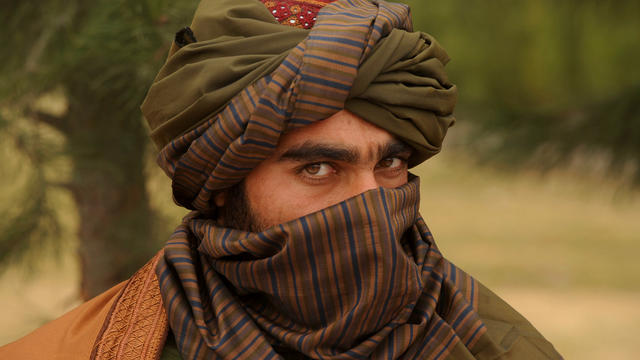
The U.S. chased the Taliban from power in Afghanistan in just 5 weeks, but with Pakistan safe havens, they still thrive
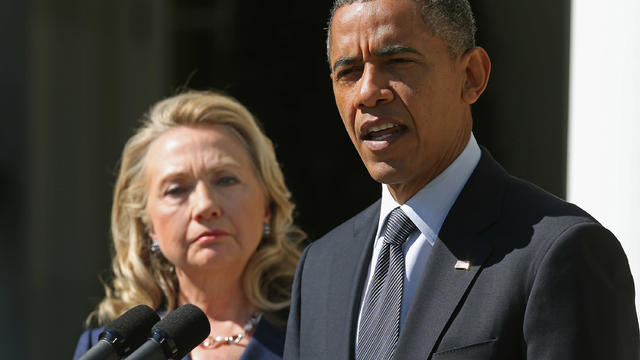
The timeline of the Obama administration's response to the Benghazi consulate attack gets new clarification
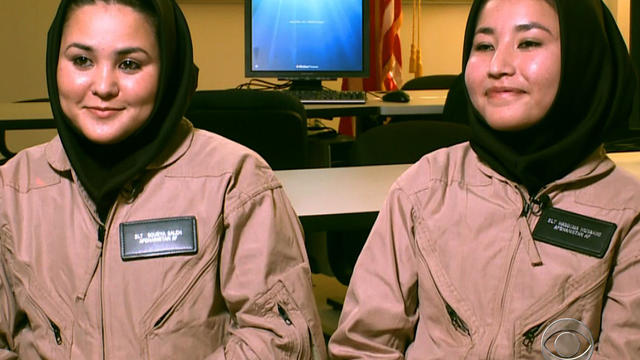
Sourya and Masooma are training in Alabama to fly helicopters for their country once the U.S. leaves Afghanistan in 2014